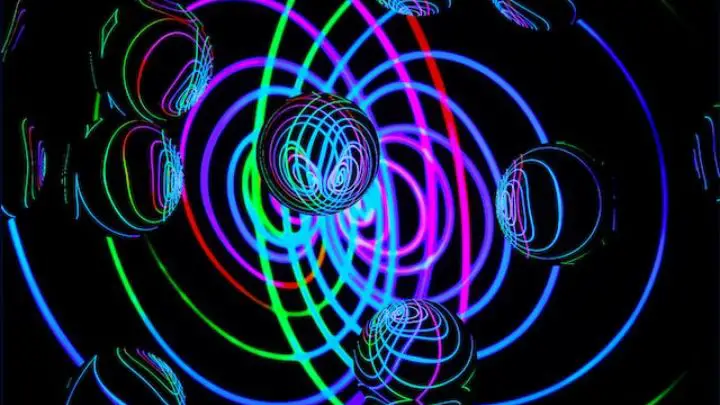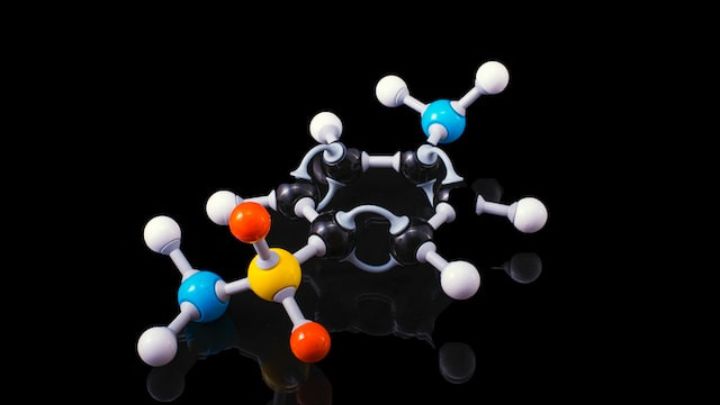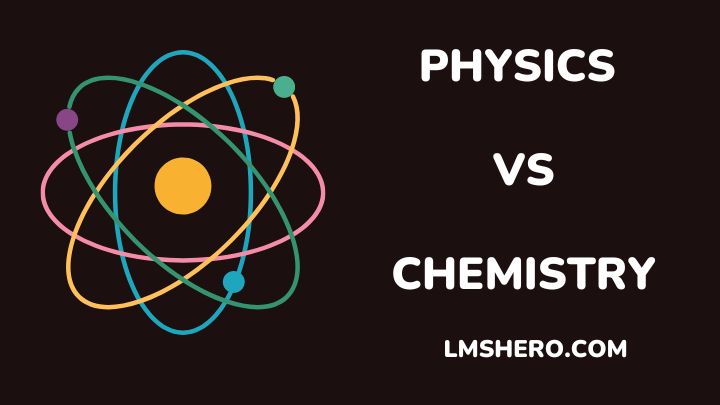In general, science is the methodical and systematic study of the world based on observing, listening, and writing down what you see and hear. Physics and chemistry are two of the many branches of science.
However, these two branches of science both deal with the study of matter but in different ways and with distinct focuses. And it is easy to be confused unless you have studied both subjects extensively to tell the difference.
While physics focuses on how matter interacts, chemistry concerns itself more with the composition of this matter.
This article explains what physics and chemistry are and how they are different from each other.
Read on to learn more.
What is Physics?

Physics is the study of how matter interacts with one another. Generally, physicists conduct observations, experiments, and data collection to discover physical principles that explain how everything in the universe behaves and functions.
The ultimate goal of physics is to explain how everything in the universe works and how it affects each other. And physics does this by using mathematical laws to describe the whole universe in basic ways.
Physics has two broad categories which are classical and modern physics. Classical physics encloses everything studied before the twentieth century. It covers force and motion, sound, astronomy, light, electricity, heat, magnets, etc.
Modern physics, on the other hand, studies everything that has evolved since the early twentieth century, mostly matter on a smaller scale and with more exact measurements. Parts of modern physics include atoms, lasers, astronomy, relativity, etc.
What is Chemistry?

Chemistry is the study of chemical processes, their properties, and other reactions on a much greater scale. Chemistry also explores how substances and chemicals react with one another to form new solutions, atomic structures, and other phenomena.
Furthermore, chemistry is concerned with developing new methods for identifying molecules, thus expanding our understanding of the subject and, in a broader sense, the world.
A large portion of this branch of science also involves examining atoms, how electrons are arranged, and how this results in chemical reactions.
The goal is to study the composition of matter to describe its state, structure, parts, and qualities and to figure out how it reacts and changes.
Chemistry has many subfields of study, which includes:
- Physical chemistry is concerned with the atomic characteristics of materials.
- Organic chemistry is the study of compounds containing carbon and hydrogen.
- Inorganic chemistry is concerned with stuff that does not contain carbon.
- Analytical chemistry is the study of the composition of matter.
- Biochemistry is the study of chemical processes that occur in living things.
Physics vs Chemistry: Differences
| Physics | Chemistry |
| Physics is the study of nature and the universe as a whole | Chemistry is the study of chemical reactions |
| Physics is mainly concerned with ideas like gravity, other fundamental forces, and the production of energy. | Chemistry is the study of how various substances and chemicals interact with one another to produce new solutions, atomic structures, and other phenomena. |
| The fields of physics include thermodynamics, statistical mechanics, quantum mechanics, etc. | The branches of chemistry are biochemistry, physical, organic, and inorganic chemistry. |
| Physics requires more mathematics and mathematical thinking | Chemistry does not require as much mathematics as physics |
Generally, physics is concerned with much more than atoms, electrons, and molecules. It examines light, gravitational and electromagnetic waves, black holes, the expansion of the universe, heat, and other elementary particles, among others.
On the other hand, chemistry studies specific phenomena, such as the reorganization of atoms in molecules into different reactions, and the structure of these molecules as an organized collection of atoms.
FAQs
Is physics harder than chemistry?
Yes, physics is a bit harder than chemistry, due to its emphasis on mathematics and more abstract topics, unlike chemistry.
Who is the founder of chemistry?
Many scholars believe that Lavoisier is the founder of chemistry.
What are the similarities between physics and chemistry?
Both physics and chemistry are physical sciences that look into the nature of matter and how it is put together.
What role does physics play in chemistry?
All chemical reactions are ultimately dependent on physics due to the need for sufficient activation energy for the particles involved.
Conclusion: Physics vs Chemistry
Although physics and chemistry share some similarities, they are two distinct disciplines. The primary difference between them is that chemistry focuses on molecules and chemical processes, while physics focuses more on the universe as a whole.
Many scientists opt to study both, with the goal of becoming chemical engineers, physicists, researchers, or teachers. And without a thorough understanding of both disciplines, it could be a bit confusing to tell the key differences.
I hope you found this article helpful. You can also read to know what to do with a degree in chemistry.
Thanks for reading.







